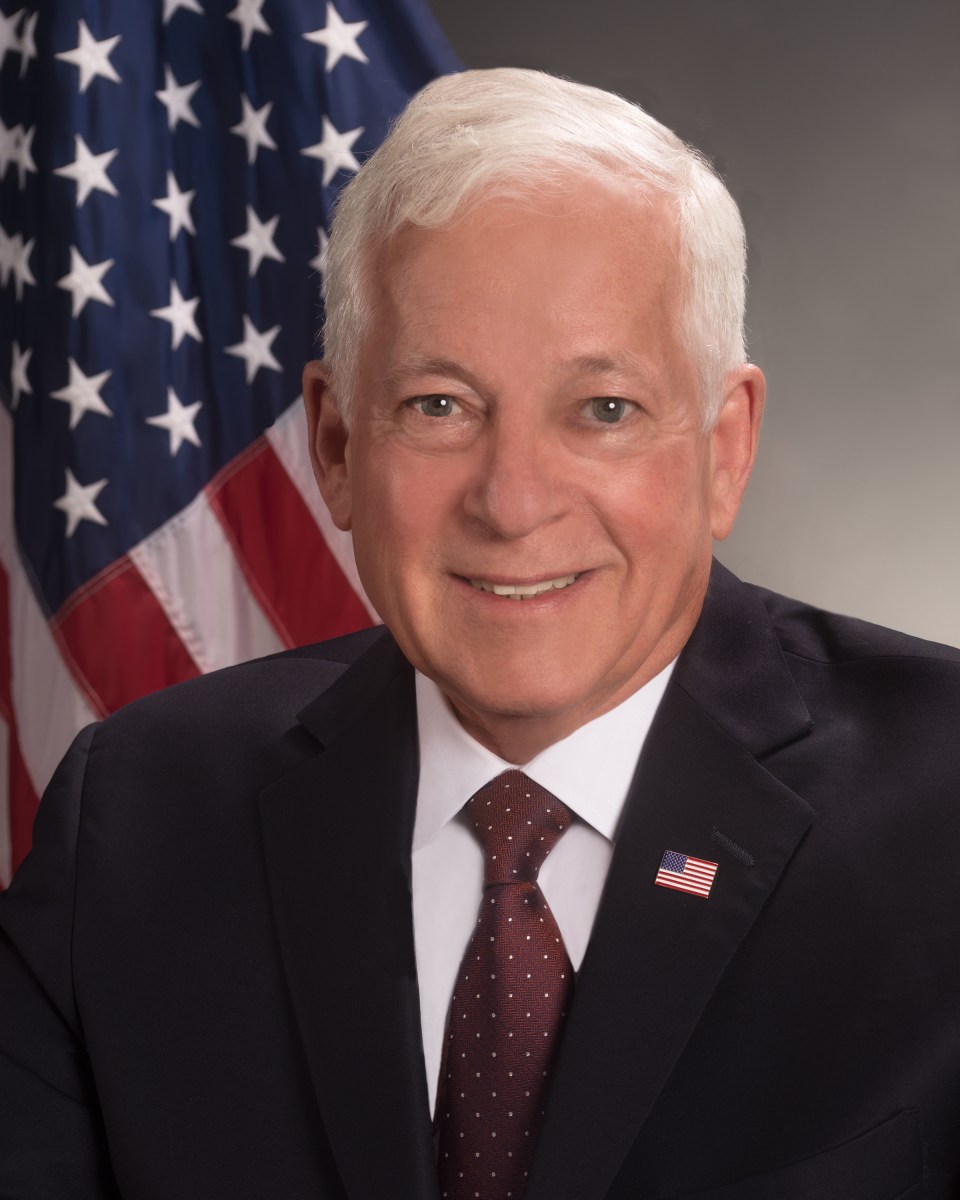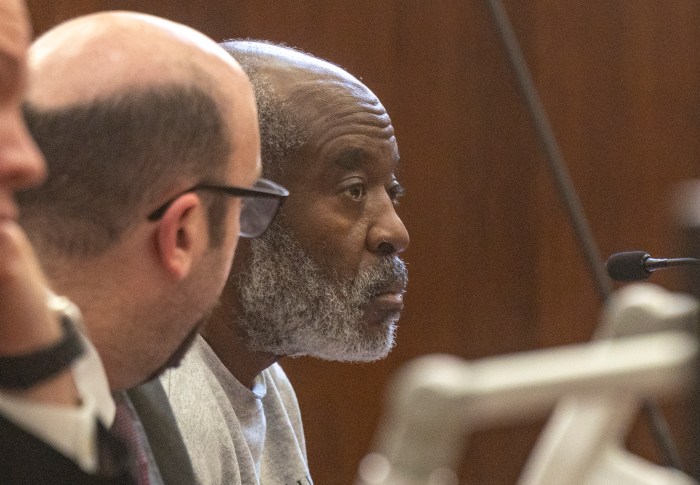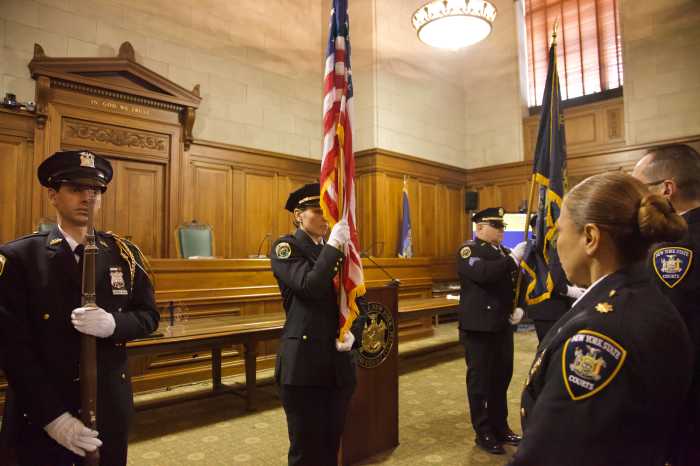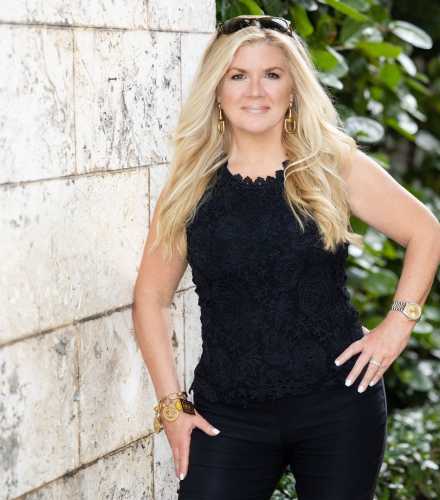The New York State Court of Appeals has upheld the constitutionality of a law shifting most local elections to even-numbered years, a move supporters say will boost voter turnout and streamline the election process.
The ruling ends a legal challenge in which some argued the law violated constitutional principles.
The Even Year Elections Law, passed by the Democrat-controlled Legislature in 2023, is intended to increase civic engagement by holding local elections in the same years as state and federal contests, rather than in off-years.
Advocates argue this alignment can improve voter participation and reduce the costs of holding separate elections. Critics contend that moving elections could diminish attention to local issues and give an advantage to party-backed candidates who benefit from the higher
turnout of state and federal elections.
Opponents argued that moving many local elections into even-numbered years dilutes local issues and local voices, because those races will be held alongside high-profile state or federal contests where national agendas dominate. They raised concerns about the erosion of local autonomy and home-rule.
The lawsuit challenging the Even Year Elections Law was filed by several counties and local governments, including Suffolk County the town of Hempstead and seven voters from Suffolk, Jefferson and Nassau counties.
State Assembly Judiciary Chairman Charles Lavine praised the decision, calling it a victory for democracy.
“The Even Year Elections Law will increase voter turnout,” Lavine said in a prepared statement. “Americans of good faith believe that more people should participate in democracy by voting.”
Gov. Kathy Hochul also released a statement and echoed Lavine’s sentiment by calling it a “victory for democracy and all New Yorkers.” She emphasized that consolidating local elections with state and federal races will make it easier for voters to participate.
“By aligning local elections with the state and federal calendar, we’re making it easier for New Yorkers to participate in government,” Hochul said.
With the court’s ruling, the law will take effect for upcoming elections. Officials elected to two-year terms in 2025 may now face reelection in 2026 under the new schedule.
Proponents say the change could lead to a more engaged electorate, while opponents continue to express concerns about potential impacts on local governance and autonomy.
Michelle Grisales is a reporter with The SBU Media Group, part of Stony Brook University’s School of Communication and Journalism’s Working Newsroom program for students and local media.


































